Transgender prison deaths: Watchdog calls for action
- Published
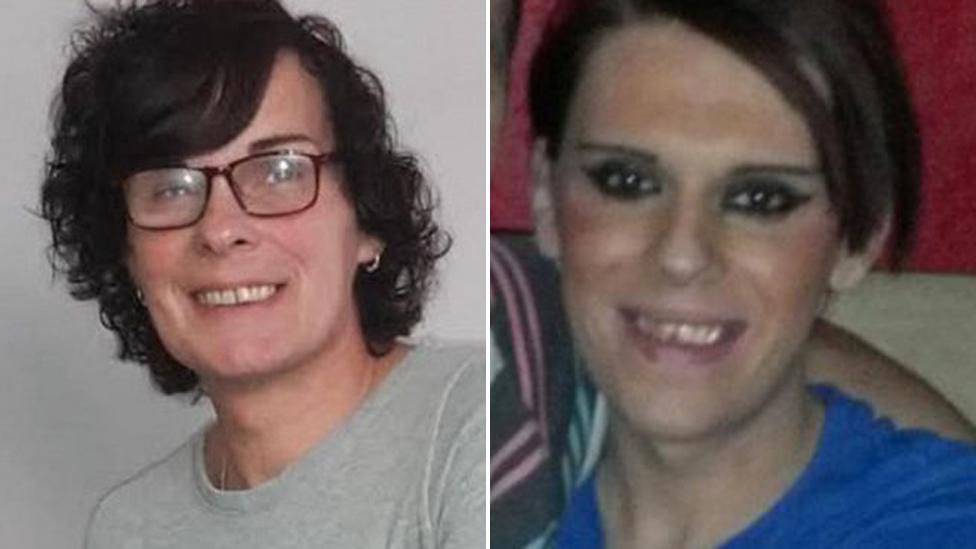
Jenny Swift (left) and Vikki Thompson died in prison
A spate of transgender prisoner deaths highlights the need for action to be taken, a watchdog has said.
The Prisons and Probation Ombudsman said jails should be more flexible and proactive in managing such inmates.
Ombudsman Nigel Newcomen said although his office had investigated relatively few deaths and complaints, numbers were on the rise.
In November, the government announced it would re-examine its policy on transgender prisoners.
Mr Newcomen issued a bulletin on the lessons that could be learned from investigations into five deaths and 33 complaints between 2008 and August 2016.
They include Joanne Latham, 38, who was found hanging at HMP Woodhill, Milton Keynes, and Vikki Thompson, 21, who was pronounced dead at Armley, Leeds, both in November 2015.
An investigation has been launched after Jenny Swift, 49, was found dead at HMP Doncaster, an all-male prison, on 30 December.
Nicola Cope died at Foston Hall Prison, Derbyshire, in November 2016, making a total of four deaths in the past 14 months.

The bulletin recommends:
• Where a transgender prisoner is sent should be based on an individual assessment of their needs and the possibility of them being with their acquired gender
• All relevant people involved in a transgender prisoner's care to attend Assessment, Care in Custody, and Teamwork case reviews (for those deemed at risk of suicide or self-harm)
• All allegations of transphobic bullying and harassment to be investigated and steps taken to challenge and prevent it
• Personal officers to have regular and meaningful contact with transgender prisoners
• Policies to be in line with national guidance and no unfair additional restrictions
• Reasonable adjustments to be made for transgender prisoners to help them to live in their gender role

Mr Newcomen said: "Prisons are always difficult environments, never more so than in recent months, but they have a fundamental responsibility to keep prisoners safe and to protect and support those with particular vulnerabilities.
"Transgender prisoners are among the most vulnerable, with evident risks of suicide and self harm, as well as facing bullying and harassment."
Male and female prisoners are kept in jail separately, and transgender people have normally been housed according to their legally recognised status.
In the past few months, the Ministry of Justice has revised its guidance to ensure that the "great majority" of transgender inmates are dealt with according to the gender they identify with.
About 80 transgender people are believed to be in prison in England and Wales.
- Published9 January 2017
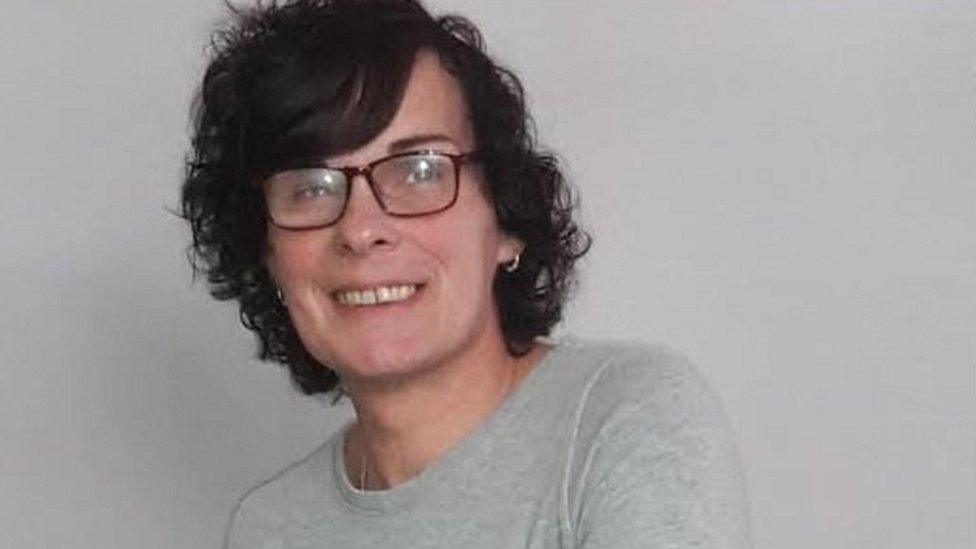
- Published3 December 2015
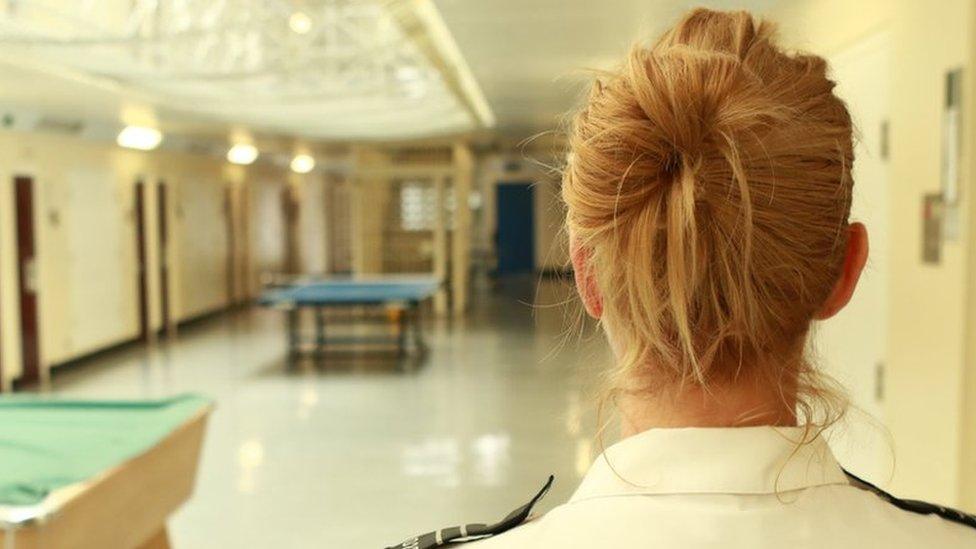
- Published1 December 2015
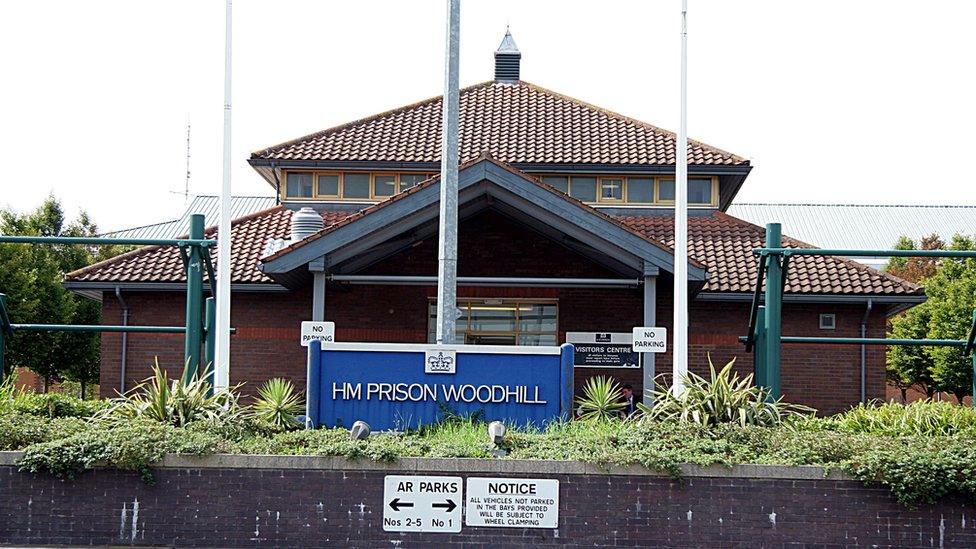
- Published20 November 2015
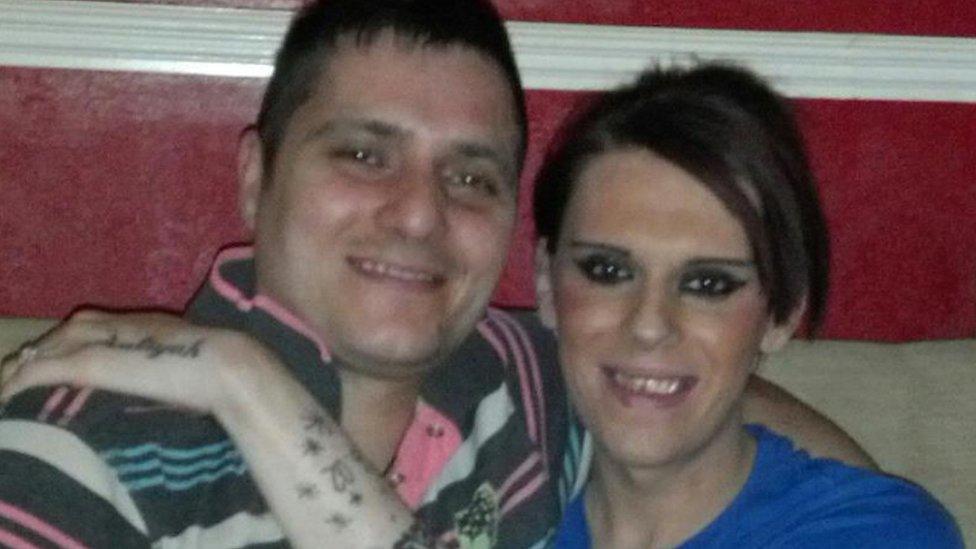
- Published19 November 2015
